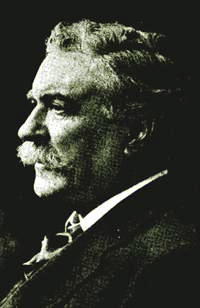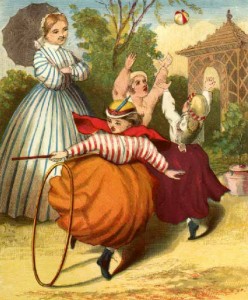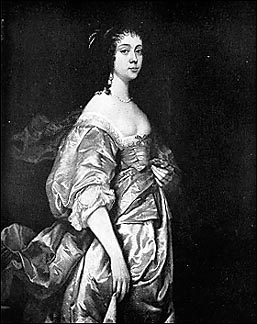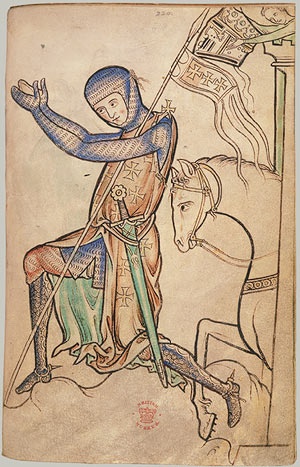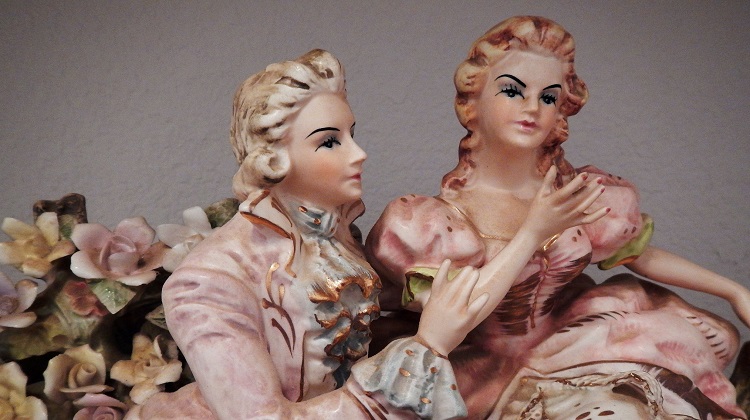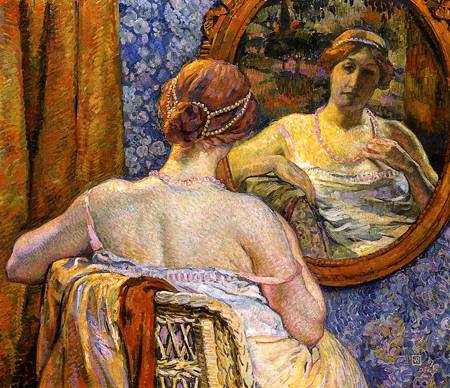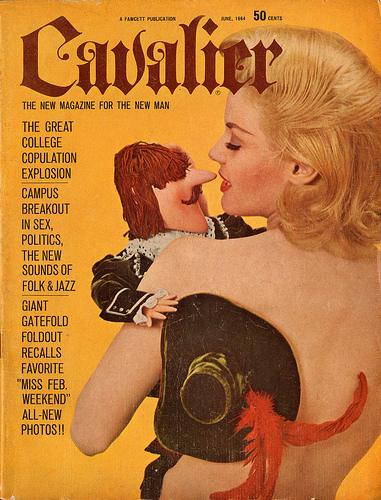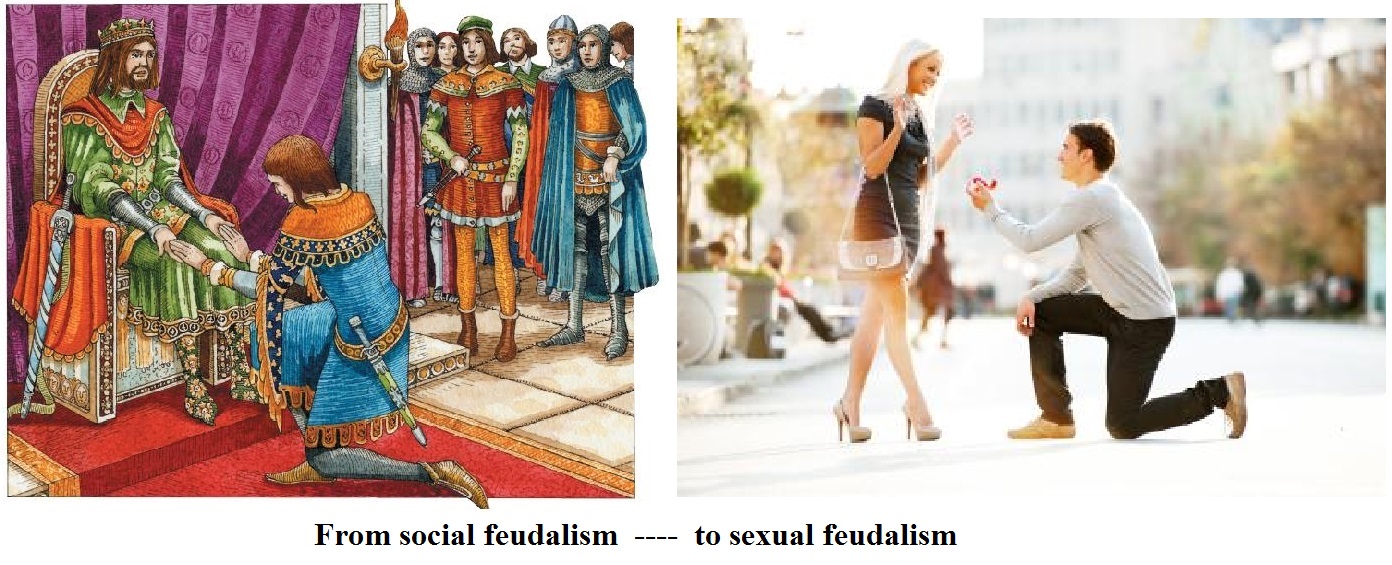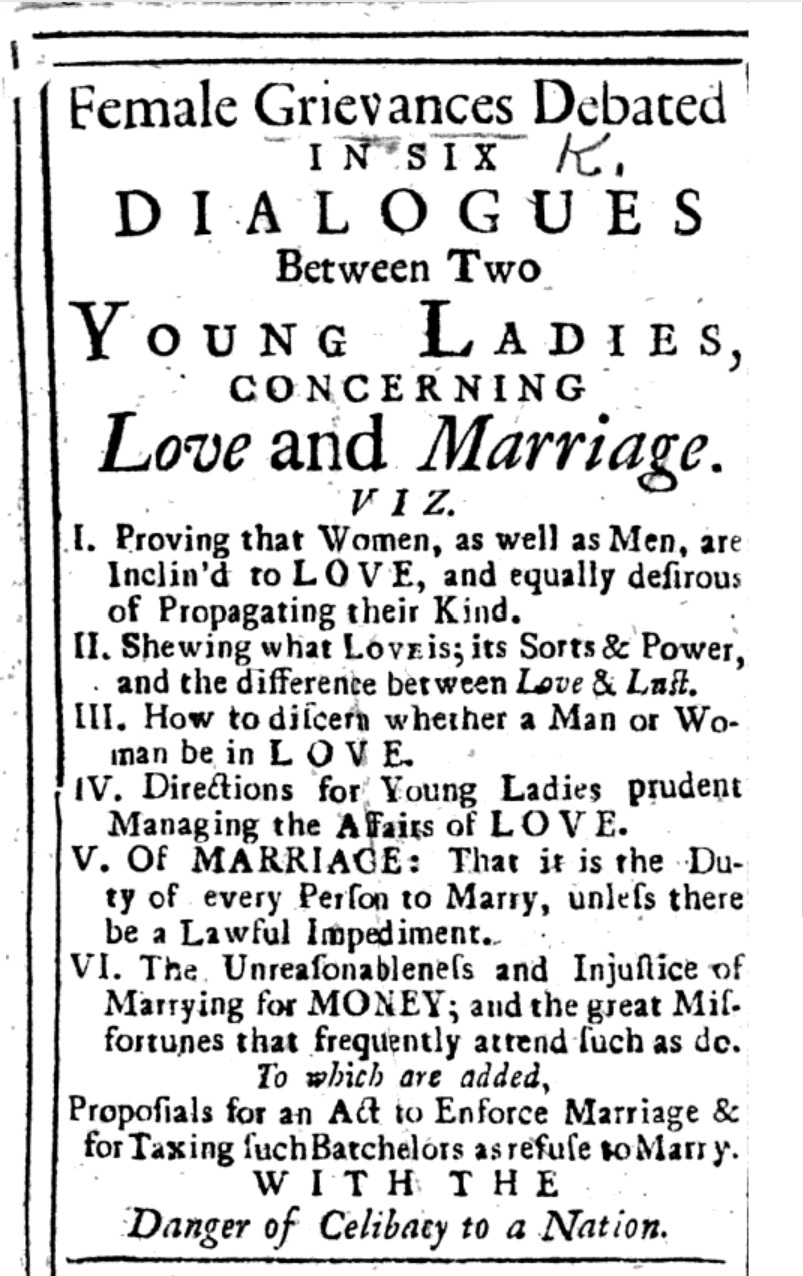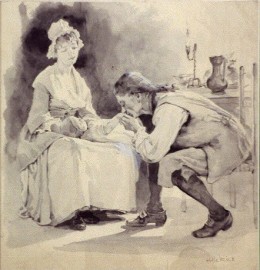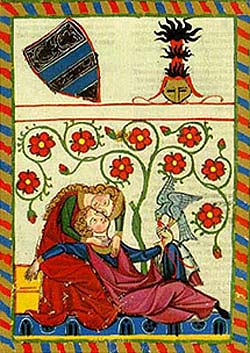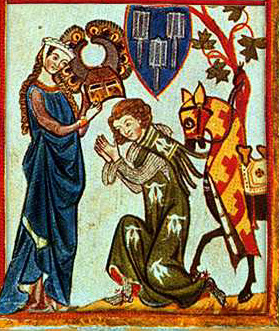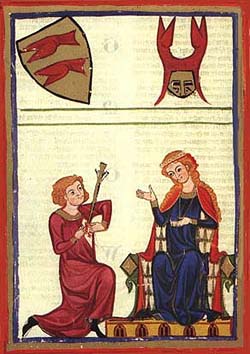The following was written by E. Belfort Bax in the year 1887 under the title No Misogyny But True Equality. In this piece Bax speaks of the ‘yonic cultus’ and ‘yonic superstition,’ – a polite English phrase referring to a ‘cult of vagina’ as some call it today – PW

No Misogyny But True Equality
And now let us come to the main point in dispute [about female privilege]. I have made no “impeachment of women in general.” What I have impeached is the ascendency of women as a privileged caste or class. What I maintained is that whatever may have been the disabilities of women in earlier stages of society, in our modern bourgeois society (Western Europe and its colonies), there is an increasing tendency to erect women into a “sacra-sacred” class, the members of which are to be exempted from all the disagreeable consequences of their own actions, to have the criminal law suspended in their favour, to win in every civil suit, to be treated as martyrs and heroines every time a slight inconvenience befalls them. This is what I term the modern 19th century form of the Yonic cultus.
Mrs. Besant will not take me seriously when I state that men have been given six months for protecting themselves against their wives’ violence. Yet this is literally true. The case I had in my mind occurred, if I remember rightly, about March last. The exact date I forget, but I noticed it in the Commonweal at the time.
About a year-and-a-half ago there was a case at Highgate (as far as I recollect), in which a woman actually attacked her husband, who was an invalid and I think a cripple, with a knife, inflicting serious injury, and was let off scot free. If in the higher administration of the law there is gross and egregious favouritism shown to women as women, this is none the less so in the mere setting of the law in motion. A little more than a year ago a boy was sentenced, by Mr. Justice Day, to penal servitude for life, for attempting to extort money by threats of an indecent charge.
Now women are allowed (vide Mr. Howard Vincent, Pall Mall Gazette, July 13th last) under the very eyes of the police to exercise as a regular trade, a practice which in the male, on a single offence, is deemed worthy of the penultimate penalty of the law.1
Now I ask has ever greater privilege accrued to any class than this. The mediaeval “benefit of clergy,” pales down before the modern bourgeois “benefit of Sex.” Again, an alderman ventures upon a little feeble civic banter with some flower-girls who are brought up before him for obstructing the pathway.
The Yonicists are up in arms. These “poor girls,” are insulted. The newspapers gush with indignation. Mdme. Dronin is arrested on false information; by virtue of her sex the whole delinquent officialdom bows before her, from Home Secretary downward, with apologies and costly gifts. A scream goes forth that women are bullied by the police in the streets. Parliament adjourns. The welkin rings with wrath against police tyranny. Over mere male Socialists, that doesn’t matter – but over prostitutes – Oh! The Pall Mall Gazette rubs its eyes and snivels “Brethren shall we harry our sisters”? The same Pall Mall Gazette, bien entendu is very anxious to have its brothers “harried” for so much as looking at a woman in the streets; for the crime of accosting two years hard labour would, we suppose, be “grossly inadequate.”
Talking about the Pall Mall Gazette, by the way, it is difficult to believe its editor was not intentionally “lying” at home “for the benefit of his country” – women, as he conceived, when he declared the other night that only a woman could be arrested on unsupported testimony. A man deserves to be condemned to travel every day for a twelvemonth with single women on the Metropolitan Railway that can make such an impudently false statement.
As regards this matter, however, I, for one, am quite willing that no charge should be taken against a woman for annoyance in the street on the unsupported testimony of a man, provided no charge is taken against a man for indecent assault on the unsupported testimony of a woman. How now, what do you say to this, Mr. Stead? Completely destroy the blackmail industry – wouldn’t it? Now take this case – Barbarous cruelty to a young child, through whipping, is charged against the police – the child is a boy, a question is asked in Parliament, an investigation promised, and the matter shelved.
Compare this with the case of a female arrested on an unproved charge by a policeman, and locked up for a couple of hours. She whimpers, and the respectable classes are set in a blaze.
Yonic Superstition
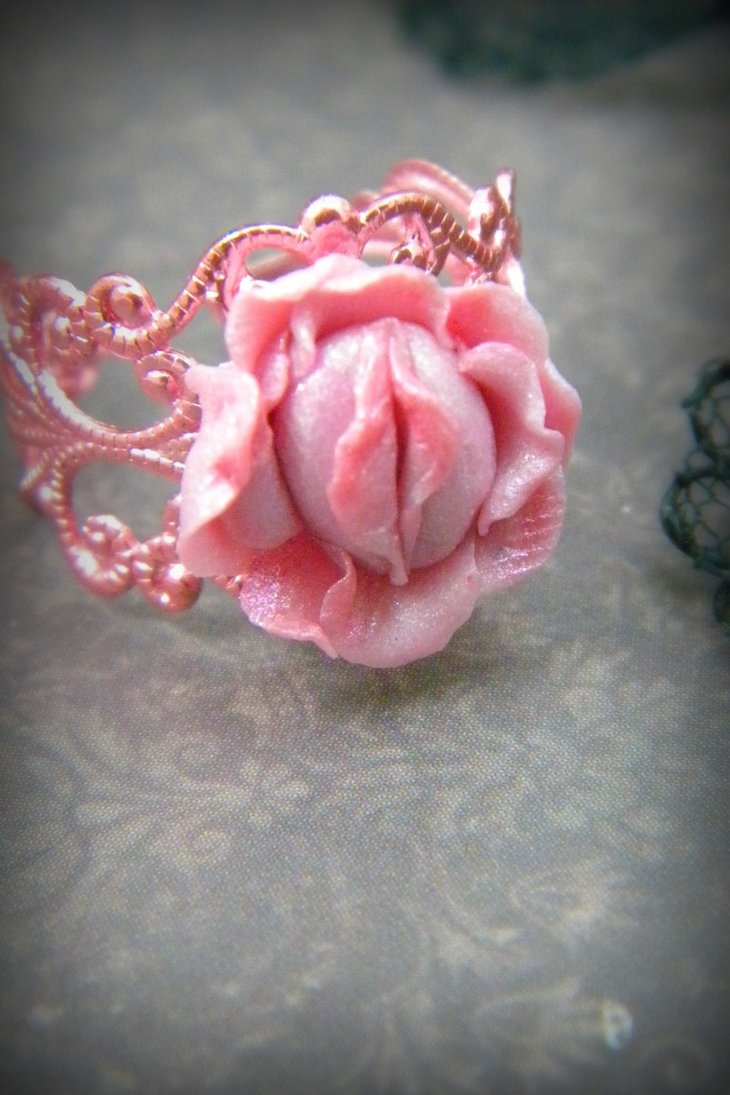 I think that the Yonic superstition is in nothing more clearly evinced than in recent criminal legislation. The tender body of a young child may be flayed by a brutal policeman, just because it happens to be of the male sex; if it be of the female, to lay a finger on it is sacrilege, and for precisely the same offence it practically receives no punishment. The British Bourgeois affects horror at Count Schouvaloff’s birching of the court maids of honour at St. Petersburg, whose bodies were presumably better able to bear a castigation than the babes he complacently reads of in his paper as being sentenced to ten strokes of the birch by a police magistrate.
I think that the Yonic superstition is in nothing more clearly evinced than in recent criminal legislation. The tender body of a young child may be flayed by a brutal policeman, just because it happens to be of the male sex; if it be of the female, to lay a finger on it is sacrilege, and for precisely the same offence it practically receives no punishment. The British Bourgeois affects horror at Count Schouvaloff’s birching of the court maids of honour at St. Petersburg, whose bodies were presumably better able to bear a castigation than the babes he complacently reads of in his paper as being sentenced to ten strokes of the birch by a police magistrate.
Then take the clause in the recent Criminal Law Amendment Act, which provides that in the case of illicit intercourse between a boy and a girl, while the boy may be sent to the penal servitude of a reformatory for five years the girl remains absolutely untouched. Now it is universally admitted that girls develop earlier than boys, so that this is a simple premium for girls with precocious criminal tendencies to entrap youths.
If it is prejudicial to the interests of society that intercourse should under any circumstances take place in the case of girls under sixteen, what conceivable rational ground can there be for limiting the penal consequences to one side of the equation. A more abominable infamy it would probably be difficult to find in the whole course of modern legislation.
Such are the outward and visible signs of the worship of the female principle in the modern world. Newspaper gush, one-sided legislation, “purity” meetings.
As it is holiday season, perhaps the editor of To-Day will allow me to be frivolous, and narrate a dream I had the other night:
I had been reading the Pall Mall Gazette, and Mrs. Besant’s article after supper – and on going to sleep me thought I was in an ancient city. Temples, with griffins and other queer stone creatures abounded on all sides. Groups of quaintly robed idlers were standing about an open square (in which I suddenly found myself) talking eagerly together.
Presently there issued from one side of the square a procession of white-robed figures that looked ghostly in the twilight as they advanced with measured step to the sound of the lyre and the lute. I asked of one who stood near what it was that I saw. “Knowest thou not, O son of the stranger,” replied he, “that the great goddess (the name I couldn’t quite catch) has vouchsafed to appear to men in mortal form, that she commands new rites, and will unfold to her worshippers the holy mysteries of the militant virgin.”
This was interesting, and I eagerly watched the approaching votaries. While I had been waiting it had been growing rapidly dusk. But now the moon shone forth. By its light, I thought I detected, in spite of their strange garb, foremost among the advancing throng, not as I expected, Orientals of the third century B.C., but the homely figures of Mr. Stead and Mrs. Ormiston Chant, hand in hand, singing as they danced, and dancing as they sang, a joyous hymn of ecstacy. I looked again, and behind them detected, as I fancied, the features of Mrs. Josephine Butler and Mr Waugh, in similar raptures. My historical sense suffered a shock and I essayed to withdraw a little, but ere I had done so my neighbour laid his hand on me, “See,” said he, “the goddess herself approaches.”
As I turned, the sharp cut features of a man, evidently a priest, caught my eye. He was clad like the rest in a plain white robe, but on his breast a large triangular silver breastplate glistened in the moonlight, and on his head was a conical crown. Could it be, but no – yet it was very like – the good Mr. Marson! In his hand he bore a standard whence gleamed in massy silver the model of a fish.
Behind the high-priest followed a car drawn by eight milk white mares, and in a kind of palanquin a veiled figure I knew to be the goddess. “Bow, vile stranger,” said my neighbour, “adore that virginity which was, and is, and is to come, before which even the legislators veil their faces.” But I kneeled not, neither adored, but standing looked on.
The procession halted before a temple, four priests came out and raised the palanquin. A thrill ran through the assembled multitude as the time arrived, when just for one moment the sacred veil should be raised. At the further end of the square a body of richly-attired old men emerged, with bowed heads, from a massive and imposing building. These, I understood, were the legislators, the fathers of the city.
Now, thought I, for a chance to see one of the great types of ancient female beauty, if not the Trojan Helen, at least a Semiramid, a “Mrs.” Caudaules, or a Cleopatra! The veil was raised, there stood forward in the pale moonshine – “Miss” Cass ! I turned and felt a little sick. I suppose I must have swooned at the sight of the shopocratic vestal, for the next thing I recollect is being aroused by a crowd rushing forth from the temple, headed by him and her, whom I had taken for Mr. Stead and Mrs. Ormiston Chant, shrieking death and destruction to the male principle. “Hail to the eternal virgin-militant womanhood!” They all raised diamond-shaped daggers on high and conjured the moon-goddess that ere her virgin rays paled that night the city should be purged for ever of maleness, and dedicated a holy priestess to her service.
I didn’t know exactly what it all meant, but thought I might as well go and look at something else, and so moved away, clutching a steel J pen and a fragment of the Pall Mall Gazette, which, in the event of the hero of Northumberland street beginning to show “venom,” I intended to use as a charm, crying In hoc signa vinces, (The allusion to the power of the new journalism; I thought would be sure to “fetch” him and make him forget his dreadful vows).
However, at that instant I awoke – to reflections on the mutability of human affairs and the difference between the militant Yonicism of two thousand years ago – the group of smooth-faced white-robed fanatics, fish-sign on forehead, triangle on breast and diamond-shaped dagger in hand – and the militant Yonicism of to-day with its black frock coats, Exeter Halls, newspaper articles, London police-courts, lobby wire pulling, and vigilance societies, and I thought that on the whole in spite of certain elements of unpleasantness I preferred the former.
Let me assure Mrs. Besant I am no hater of “women in general.” What I hate is – women in the “particular” position of a privileged class as they are at present. I decline to bow down before a sexual principle, or to admit the justice of granting privileges on the basis of a sex-sentiment. What I contended and still contend is that the bulk of the advocates of woman’s rights are simply working, not for equality, but for female ascendency.
It is all very well to say they repudiate chivalry. They are ready enough to invoke it politically when they want to get a law passed in their favour – while socially, to my certain knowledge, many of them claim it as a right every whit as much as ordinary women.
Says Mrs. Besant, “Why use the existence of bad women as an impeachment of women in general?” Now I want to know who has done so. I certainly have not. All I say is, don’t allow the worst characteristics of bad women to come into play by giving them free leave to use the tribunals for purposes of spite, revenge or blackmail! Don’t pull out your biggest pocket handkerchief at every tale of wife-beating, before you have heard the other side! Don’t allow women to ruin men by legal process, as a punishment for not marrying them, when they want them to! Don’t allow wives to “sell up” their husbands, or to compel their husbands to maintain them in idleness, while they are allowed to keep all their own property or earnings singly to themselves.
In stating this view of the question plainly, I may say I am only giving articulation to opinions constantly expressed in private by men amongst themselves. A noisy band fills the papers with lying rhodomontades, & c., & c., on the “downtrodden woman,” and their representations are allowed to pass by default. I am styled a misogynist forsooth, because I detest the sex-class ascendency, striven for by a considerable section at least of the bourgeois Women’s Rights advocates, and desire instead a true and human equality between the sexes.
Notes:
1. This is not all. It is now proposed by the Saturday Review and Pall Mall Gazette that this promising branch of female industry should be “protected” by the curtailment of cross-examination. A Mrs. Brereton, the other day, brought what the jury by their verdict pronounced a false, or to put it mildly, “doubtful” charge against a man. It is now actually complained by the journals in question that this verdict was obtained or furthered by the too severe cross-examination of the prosecutrix. Hence it is argued that cross-examination must be in future limited to questions not embarrassing to the prosecution. Could sex privilege go much further!
